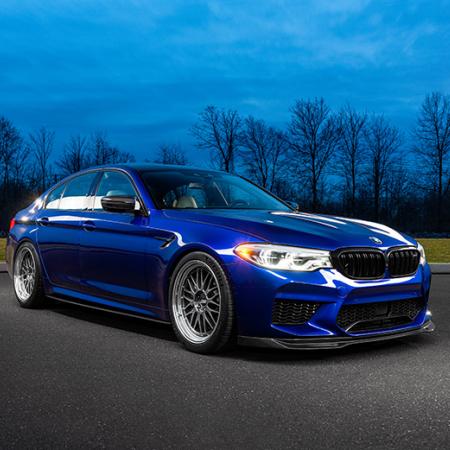Mercedes-Benz parent Daimler celebrated its 125-year anniversary in January, enjoying a market valuation that was $23 billion more than German archrival BMW. That gap has now all but disappeared, Bloomberg News reports.
Chris Woodyard writes in USA Today that Mercedes-Benz's lead over BMW has dwindled. Declining demand for some older models and the cost of introducing new, smaller cars will make it tough to rebuild that premium in 2012.
Daimler "is big and takes a long time to change course," said Arndt Ellinghorst, a Credit Suisse analyst in London, who's followed the company for more than a decade. "Management seems to still think that the ship is impregnable, but it's clearly taking on water."
Though Daimler, based in Stuttgart, and its main rival now have similar market valuations, BMW employs less than half Daimler's 270,000 staff and generated 38% less revenue last year. The shrinking value gap mostly reflects Daimler's loss of leadership in the German luxury car market. It also shows investors are assigning little value to Daimler's trucks business or to its stake in European Aeronautic, Defence & Space Co.
Daimler's most profitable division remains the premium auto business, and you can invest in that in its pure form in BMW," said Juergen Meyer, a fund manager at SEB Asset Management in Frankfurt.
BMW CEO Norbert Reithofer cut supply costs while expanding production in China and the U.S. and rolling out new models like the X1 compact SUV:
The company also underscored a reputation for innovation by developing an electric-powered city car that will be introduced in 2013, part of its goal to boost sales of BMW and Mini vehicles to 2 million by 2020 from 1.6 million.
"What our investors are telling us is the strategy that we embarked upon in 2008 is the right one," Ian Robertson, BMW's management board member in charge of sales said in a Bloomberg Television interview last week in Tokyo.
Daimler CEO Dieter Zetsche struggled to introduce smaller, cheaper Mercedes models to appeal to young urban consumers, because the underpinnings of the high-riding A-Class compact, which were designed for an electric powertrain that was never needed, were costly and lacked flexibility. The company also failed to challenge BMW's Rolls-Royce in the ultra-luxury segment, deciding last month to drop its Maybach brand.––Paul Duchene









